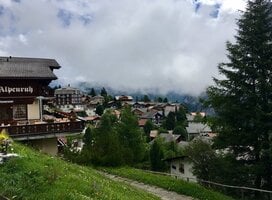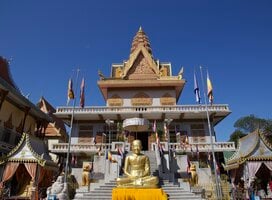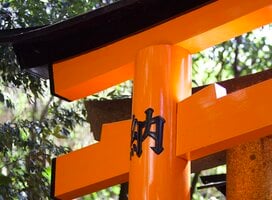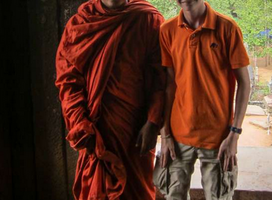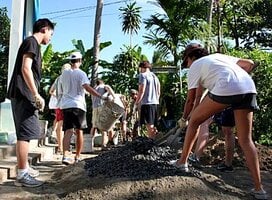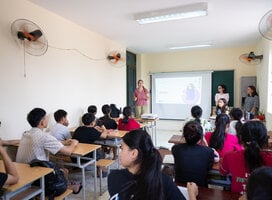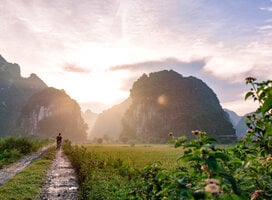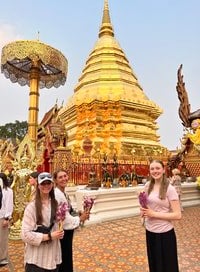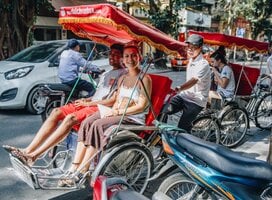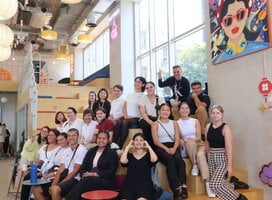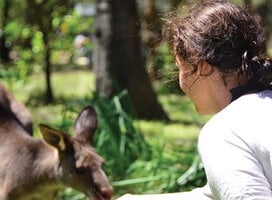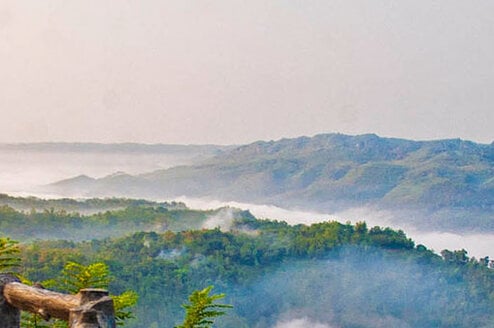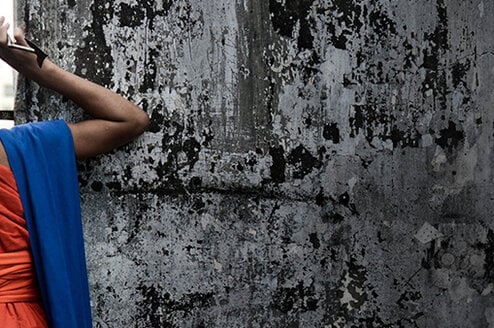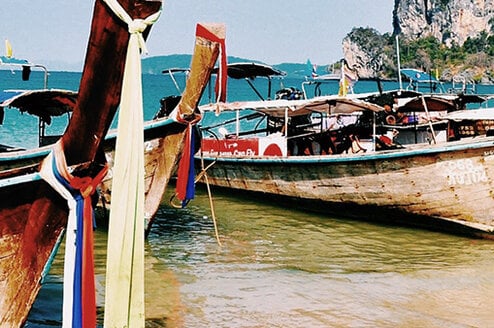High School Abroad in Vietnam
Those who have ventured to the lush, green lands of Vietnam find themselves enraptured. Travelers speak of it with awe and affection. As a younger traveler, it will be an adventure into a totally new culture, new foods, new smells, and new friendships. It's also incredibly affordable, and a wonderful destination if you're looking for a more off the beaten path high school abroad experience and would like to take a gap year or volunteer.
No matter how you choose to spend your time though, students who do high school abroad in Vietnam will find a vibrant culture, rich scenery and warm, friendly people.
Vietnam is great for students who are interested in: adventure, beautiful jungles, spending time outside, history, experiencing a unique culture and eating delicious food.
High school students wanting to study in Vietnam can choose from:
- A volunteer abroad program
- A youth travel tour over spring, winter, or summer break
Volunteer
Vietnam has plenty of philanthropic opportunities for high school students. Many programs enable students to work with disadvantaged children. Though these, volunteers can teach English, play games with the kids, and do arts and crafts.
Medical volunteer programs and internships are plentiful in Vietnam. Students can shadow qualified doctors to learn more about the medical field. They can assist with physical therapy sessions and support Vietnamese going through rehabilitation.
Youth Travel Tours
Travel tours are an option for high school students who want or need to spend less time in Vietnam. These programs let students learn and make new friends, all while on the adventure of a lifetime. Most tours have a specific focus like adventure, community service, or cooking. They also incorporate academics with lessons on art, history, or another subject.
Visa
Visa requirements for Vietnam differ depending on your citizenship. Travelers from Australia, Canada, or the United States must apply for a 30 or 90-day Vietnamese tourist visa in advance. If you do not have this visa, you will not be allowed to board your flight. Visas can be applied for last minute, however, so if you happen to leave it until the last minute you can rush the process by paying an extra fee.
UK residents, however, can travel to Vietnam for 15 days with no visa required. To obtain a student visa you should first register for classes then bring proof of enrollment to the nearest immigration department where they can adjust your visa from tourist to student.
Be very careful when completing your visa application paperwork as typos and incorrect dates of entry can render your visa invalid. Also, single entry visas are just that, for a single entry into Vietnam. If you feel you may leave and want to come back, be sure to apply for a multiple entry visa. If you’re traveling with a program they can provide support for obtaining the correct visa.
Housing
Housing options in Vietnam vary depending on the study abroad program you select. Volunteers in social programs may stay with a local family or at a guesthouse. Traveling tour programs often utilize hotels, hostels and guesthouses while including a homestay as a part of the agenda.
Also keep in mind that Vietnam, while on par with Western standards in a lot of places, is still a developing nation. You'll usually find AC (or at least a fan), electricity, and running water in your rooms, but it may not be perfect. Water might not be hot (which is totally fine on a hot day, right?) and electricity might go out. Just go with it and consider it part of the adventure.
Costs
If you’re flying from North America to Hanoi it could cost you between $1,000 - $1,500 USD. Students coming from Europe will spend between $850 and $1,000 USD.
The cost of living is much lower in Vietnam than in European or North American countries. High school students who spend time in rural areas rather than city centers will find themselves spending even less money. An average daily budget for students in Vietnam would be $8 - 10 USD.
Program costs differ based on the location in Vietnam, program type, length of stay, type of housing and included extras. Prices range from $3,000 for a two-week trip to $4,500 for an eight-week trip. Longer programs generally cost less per week.
Packing Tips
Vietnam is essentially split into two climate regions. Northern Vietnam experiences distinct seasons and can have temperature variations from freezing in the winter to 95°F (35°C) in the summer. Southern Vietnam generally hovers at 80°F (27°C) year round with a rainy season from May to October. With that in mind, be sure to pack:
- Breathable and UPF (sun resistant) clothing
- A raincoat and umbrella (can be purchased upon arrival)
- Solid walking sandals or shoes for outdoor adventures
- Comfortable slip-on shoes (you'll have to slip your shoes off frequently when entering homes, shops, and cafes).
- Swim gear and a sarong (for women)
- Sunscreen and mosquito repellent
- A hat
- A power and voltage converter
- Luggage lock (especially if you're in shared housing)
- We'd recommend using a backpack or duffle, not a suitcase, while there.
Staying Healthy in Vietnam
It is recommended travelers receive hepatitis, yellow fever, typhoid, tetanus, and rabies vaccinations before traveling to Vietnam. Also, talk with your doctor before traveling to Vietnam about potentially receiving a vaccination for Japanese Encephalitis.
Mosquitos in Vietnam can carry diseases like Dengue Fever, Chikungunya Fever and Malaria. High school students are encouraged to take precautions like covering the skin in high-risk areas, using bug repellant and taking preventative medication if possible.
Keep away from animals you don’t know, especially dogs and monkeys, which have been known to carry rabies. Avian influenza is a concern in Vietnam and students should avoid animals in live food markets and poultry farms.
It's recommended that you drink bottled water in Vietnam and watch out for ice cubes in drinks. The water might not be pure.
When eating, check that all your food is completely cooked. Be wary of salads, as they are often washed in non-bottled water and might carry bacteria that could upset your stomach. Traveler’s diarrhea is common. If you catch it, stay well hydrated and visit a health professional if symptoms don’t stop after a week.
That said, don't be overly afraid of trying the food there! Vietnam has a lot of delicious pho, rice dishes, and street food. Just look for a place that's busy (that means food is fresh) and relatively clean.
Safety Considerations
It's particularly important to be aware of your surroundings in Vietnam, as snatch-and-grab motorcyclist thieves and pick-pocketers are common. If you're in a crowded, touristy destination, keep your valuables close. Make multiple copies of your passport and only carry said copies while out. Your passport should stay somewhere locked and safe in your residence.
Avoid local demonstrations and grab a friend if you’re walking somewhere at night. Before getting in a taxi, agree upon a price, in the local currency, and have an idea of where you’re going (hotel name, street address). Taxis overcharging and occasionally kidnapping for ransom have been known to happen in larger cities -- though this is very rare. Always follow local government laws and stay away from illegal drugs and underage consumption.
